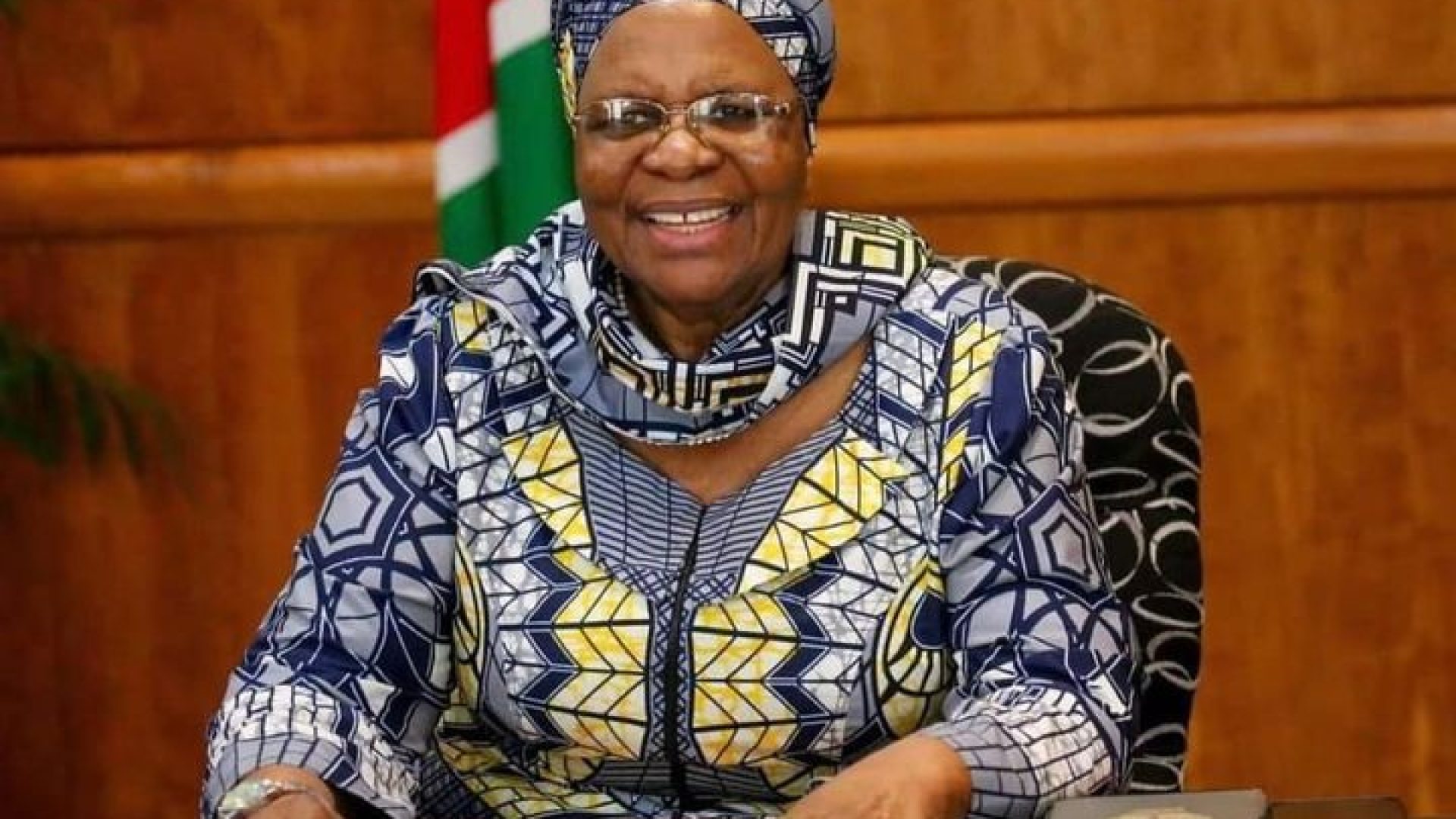Namibia has made history by electing its first female president, Netumbo Nandi-Ndaitwah, marking a significant milestone in the country’s democratic journey. Representing the ruling South West Africa People’s Organisation (Swapo), Nandi-Ndaitwah secured over 57% of the votes in an election that saw logistical challenges and allegations of mismanagement. Her closest rival, Panduleni Itula of the Independent Patriots for Change (IPC), garnered 26%, with his party vowing to challenge the results in court.
Nandi-Ndaitwah’s victory symbolizes continuity for Swapo, which has been in power since Namibia gained independence in 1990. Known for her trusted leadership and extensive experience, Nandi-Ndaitwah has served in various high-ranking government positions for over 25 years, including her recent role as vice-president. In her victory speech, she emphasized Namibia’s commitment to peace and stability, a sentiment echoed by South Africa’s President Cyril Ramaphosa, who lauded her election as a transformative achievement for the region.
Despite the historical significance, the election was not without contention. The electoral process faced logistical challenges, with reports of long waiting times, ballot shortages, and equipment failures. The IPC described the voting process as deeply flawed, with many voters reportedly turned away after hours in line. While the Electoral Commission of Namibia admitted to organizational shortcomings, it denied any allegations of fraud and urged the nation to accept the results with unity and understanding.
The election also highlighted a shift in political dynamics. Swapo retained a parliamentary majority but saw a significant reduction in its seats, reflecting its lowest performance since independence. Itula, a charismatic figure and trained dentist, has been a formidable challenger, reducing Swapo’s vote share in recent years and positioning the IPC as the main opposition.
As Nandi-Ndaitwah prepares to take office, she joins Tanzania’s Samia Suluhu Hassan as one of Africa’s only female presidents, signaling progress in gender representation in leadership. Her presidency represents a beacon of hope and a call to embrace unity amidst the challenges. The people of Namibia, carrying on with their daily lives, await this new chapter with cautious optimism, underpinned by a legacy of resilience and democratic values.






